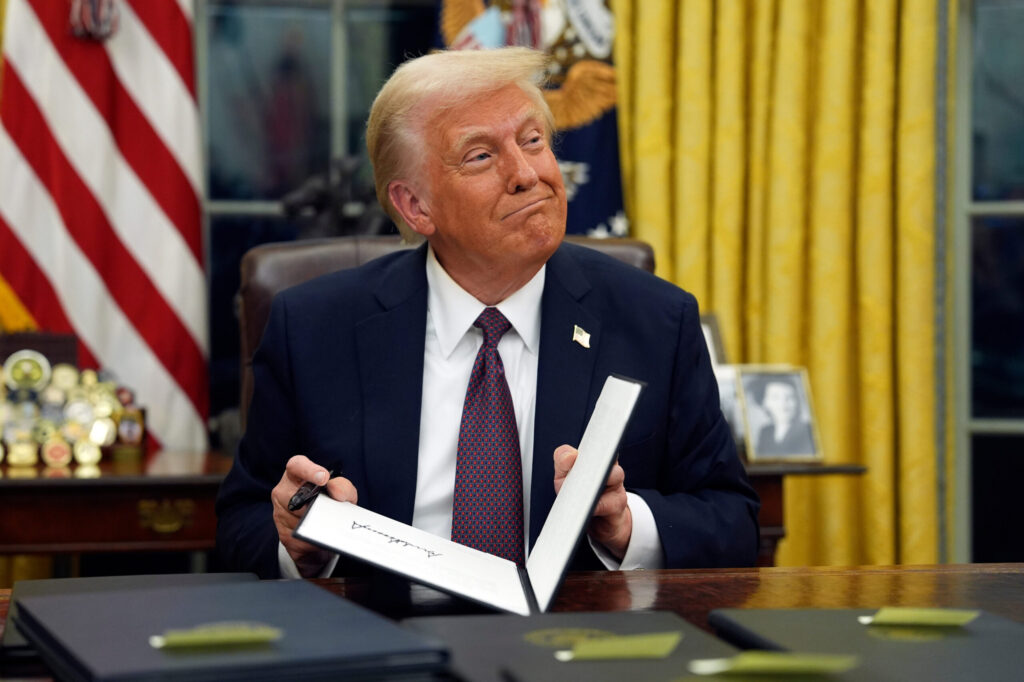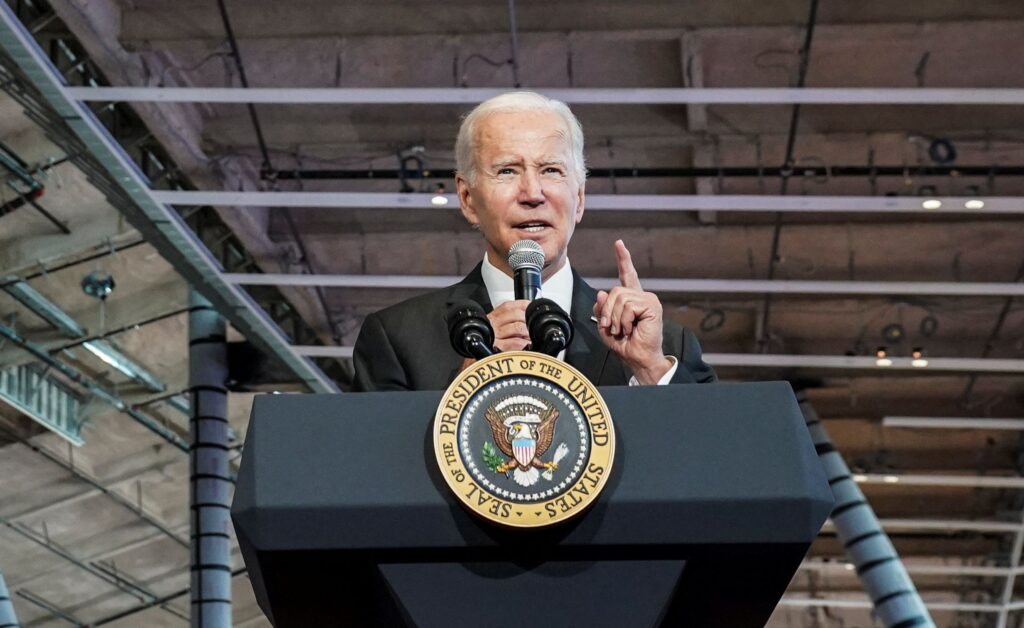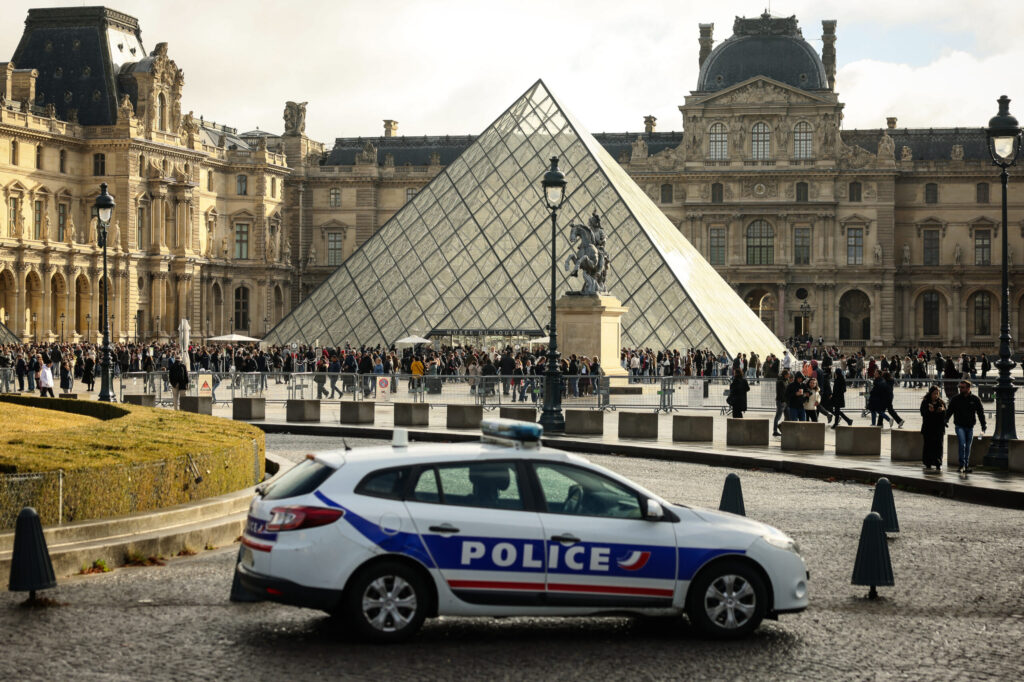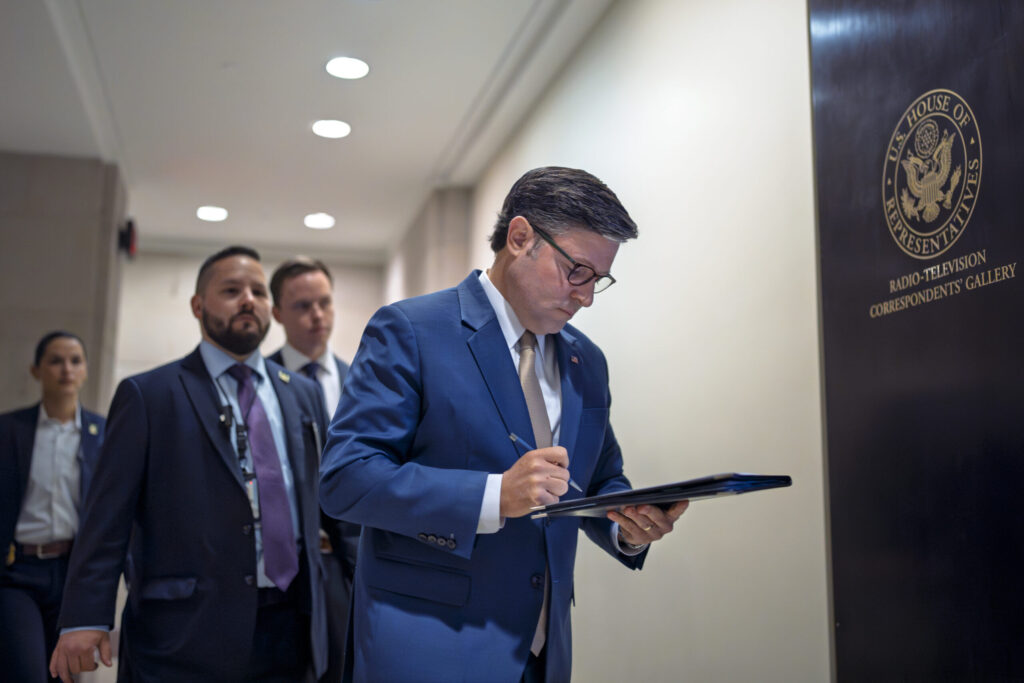Trump orders crackdown on homeless encampments nationwide
By Nandita Bose
WASHINGTON (Reuters) -President Donald Trump on Thursday signed an executive order urging cities and states to clear homeless encampments and move people into treatment centers – a move that advocates for the homeless said would worsen the problem.
The order directs Attorney General Pam Bondi to overturn state and federal legal precedents and consent decrees that limit local efforts to remove homeless camps. It remains unclear how Bondi could unilaterally overturn such decisions.
The order follows a Supreme Court decision in 2024 that allows cities to ban homeless camping.
The National Coalition for the Homeless condemned the order, saying it would undermine legal protections for homeless and mentally ill individuals.
The group said the Trump administration has “a concerning record of disregarding civil rights and due process” and warned that it would worsen the homelessness crisis.
Trump said people living in homeless encampments should be directed to facilities for treatment of mental health problems and addiction. He did not mention any plans to expand treatment centers or provide long-term housing.
About 771,480 people were homeless in the U.S. on a single night in 2024, an 18% increase from the prior year, according to the U.S. Interagency Council on Homelessness.
Of those, about 36% were unsheltered, meaning they were living on the streets, in vehicles, or in encampments, according to the Department of Housing and Urban Development’s point-in-time count.
The National Homelessness Law Center said the order combined with budget cuts for housing and healthcare, will increase homelessness.
“Forced treatment is unethical, ineffective, and illegal… these actions will push more people into homelessness and divert resources away from those in need.”
Other groups said the order risks criminalizing homelessness by pushing people off the streets without guaranteed housing, worsening the crisis.
Many experts see the origin of the U.S. homelessness crisis in the closure of psychiatric hospitals in the 1960s and 1970s in favor of community care. Advocates say this shift was never fully funded or effectively implemented, leaving many people with serious mental illness without care or housing.
Other contributing causes are a severe shortage of affordable housing, rising poverty and cuts to public housing assistance programs, experts say.
Trump’s order gives preference in federal grant-making to cities that enforce bans on public camping, drug use and squatting.
It also blocks funding for supervised drug-use sites.
(Reporting by Nandita Bose; Additional reporting by Steve Gorman in Los Angeles; Editing by Ross Colvin and Lisa Shumaker)















